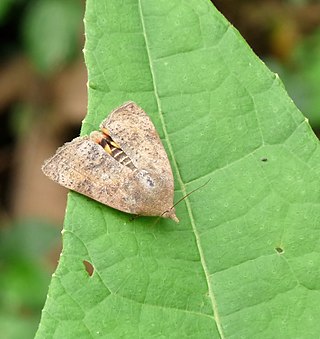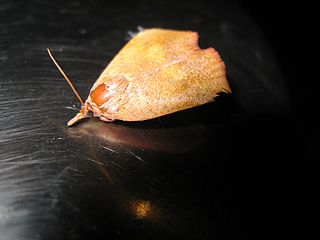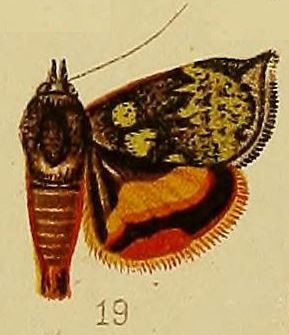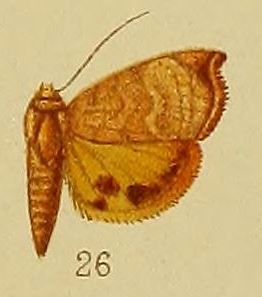
Nepenthes madagascariensis is one of two Nepenthes pitcher plant species native to Madagascar, the other being N. masoalensis.

Hyblaeidae are the "teak moths", a family of insects in the Lepidopteran order. The two genera with about 18 species make up one of the two families of the Hyblaeoidea superfamily, which in the past has been included in the Pyraloidea. Recent phylogenetic studies find varying relationships of Hyblaeoidea among Ditrysian Lepidoptera: Mutanen et al. (2010) find the superfamily to group either with Pyraloidea, or – more often – with Thyridoidea or butterflies. The results of Wahlberg et al. (2013) and Heikilä et al. (2015) indicate a sister-group relationship with Pyraloidea.

Hyblaea puera, the teak defoliator, is a moth and cryptic species complex native to South Asia and South-east Asia. It was first described by Pieter Cramer in 1777. The species has also been recently reported to be present in Central America and Africa. The caterpillar feeds on teak and other trees. It is considered to be one of the major teak pests around the world.

Hyblaea is a genus of moths of the family Hyblaeidae first described by Johan Christian Fabricius in 1793.

Hyblaea constellata is a moth in the family Hyblaeidae first described by Achille Guenée in 1852. It is found in India, Sri Lanka, south-east Asia, including China, Japan, Taiwan, Myanmar and Thailand. It is also found in Queensland, Australia.

Hyblaea ibidias is a moth in the family Hyblaeidae. It is found in New South Wales, Australia.
Hyblaea bohemani is a moth in the family Hyblaeidae described by Wallengren in 1856.
Hyblaea catocaloides is a moth in the family Hyblaeidae described by Francis Walker in 1865.
Hyblaea erycinoides is a moth in the family Hyblaeidae described by Francis Walker in 1858.

Hyblaea flavipicta is a moth in the family Hyblaeidae described by George Hampson in 1910. A material sample of it was found on the southeast coast of Kenya.
Hyblaea fortissima is a moth in the family Hyblaeidae described by Butler in 1881.
Hyblaea inferna is a moth in the family Hyblaeidae described by Max Gaede in 1917.
Hyblaea insulsa is a moth in the family Hyblaeidae described by Max Gaede in 1917.
Hyblaea occidentalium is a moth in the family Hyblaeidae described by William Jacob Holland in 1894.
Hyblaea paulianii is a moth in the family Hyblaeidae described by Viette in 1961.
Hyblaea rosacea is a moth in the family Hyblaeidae described by Max Gaede in 1917.
Hyblaea sanguinea is a moth in the family Hyblaeidae described by Max Gaede in 1917.
Hyblaea saturata is a moth in the family Hyblaeidae described by Francis Walker in 1865.

Hyblaea xanthia is a moth in the family Hyblaeidae described by George Hampson in 1910. It is found in the Democratic Republic of the Congo (Katanga), the Seychelles (Aldabra), South Africa and Zambia.

Teffichthys is an extinct genus of ray-finned fish from the Early Triassic epoch. Fossils have been found in Madagascar and China, and possibly also in Angola, Canada, Greenland, and Svalbard.





